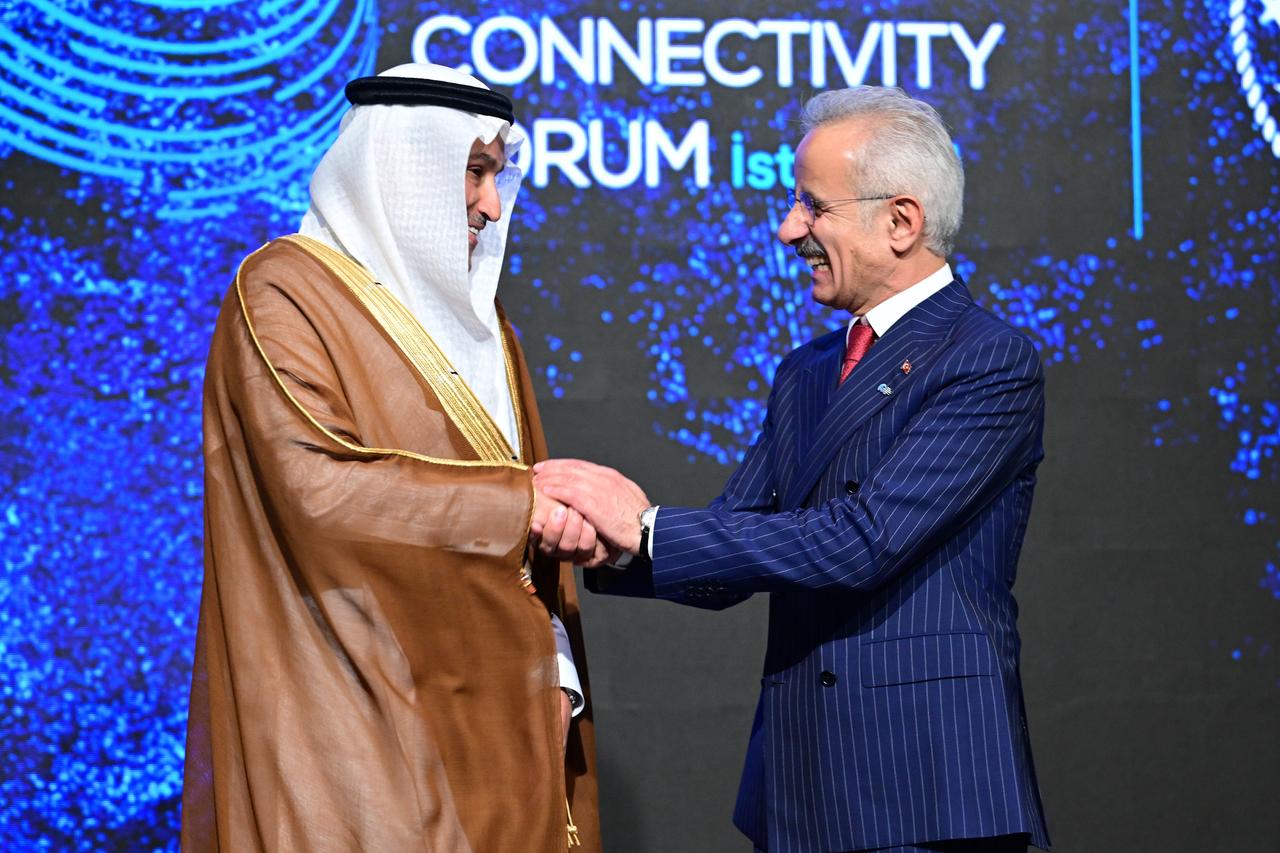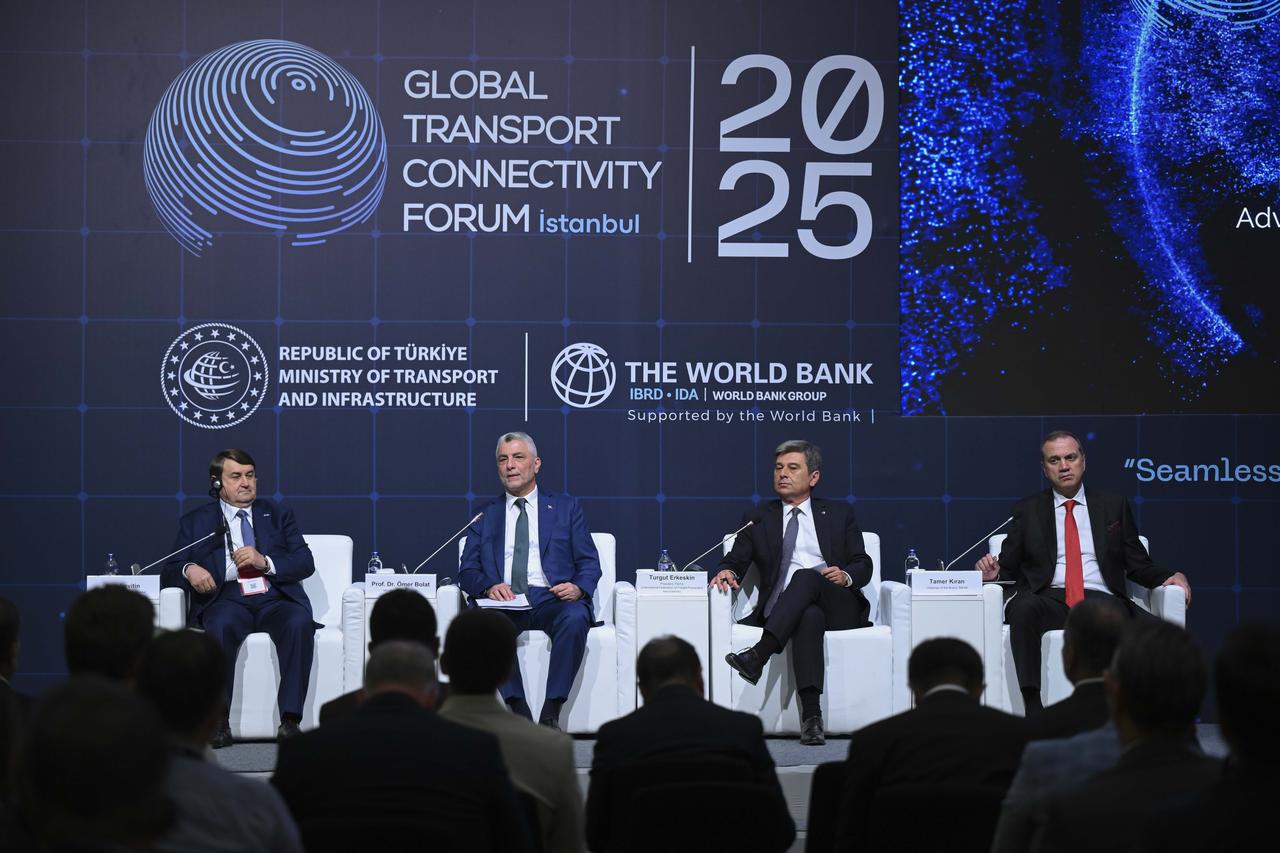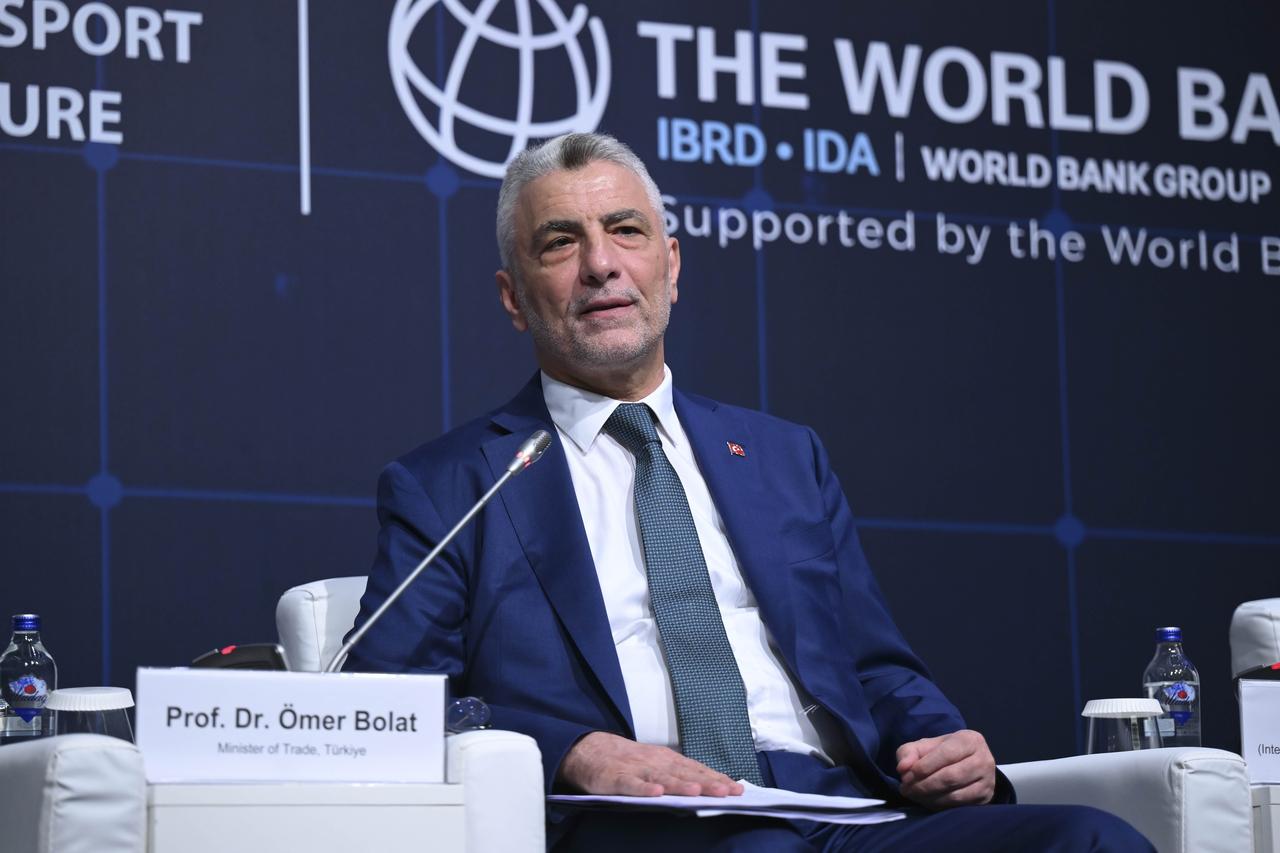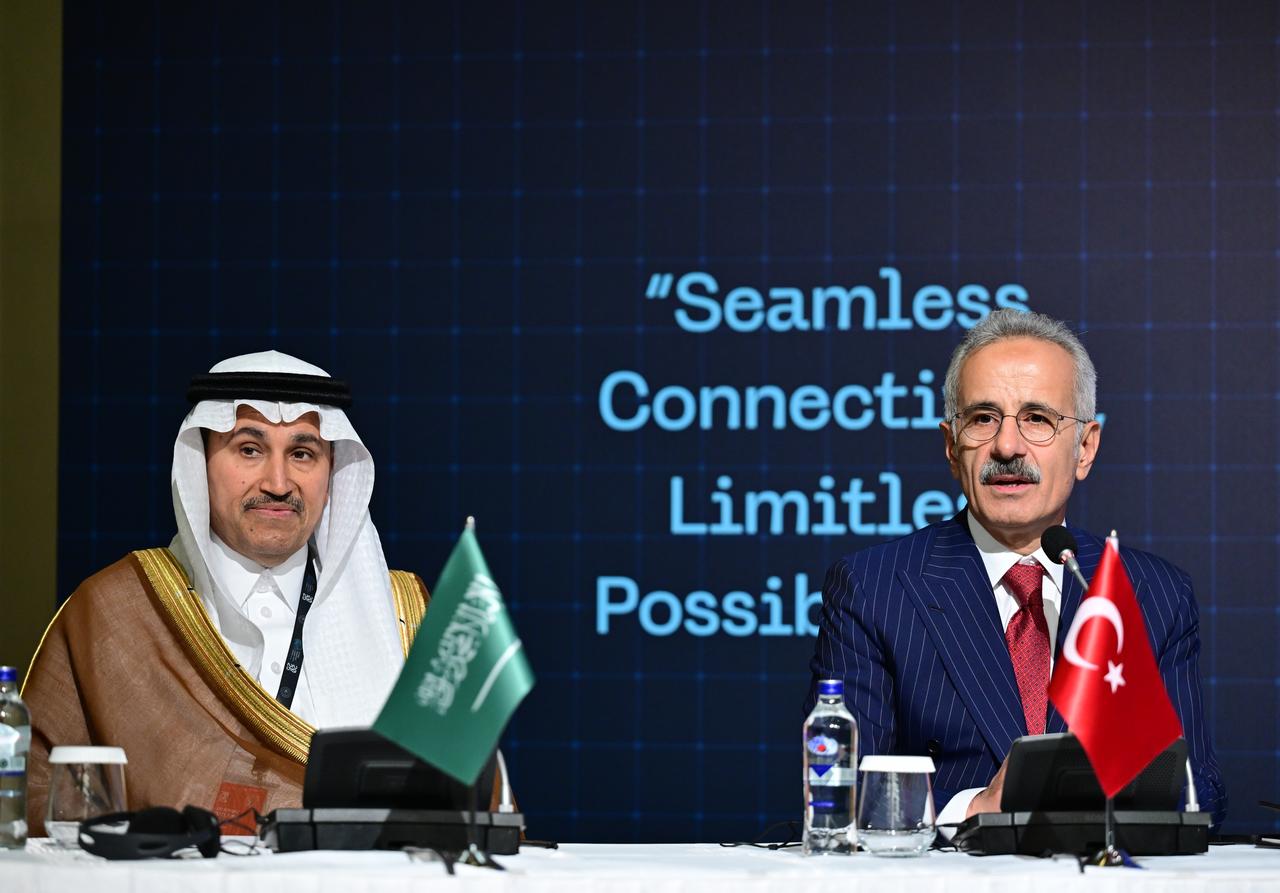
Türkiye is extending its massive $300 billion infrastructure investment strategy into new regional partnerships, with Saudi Arabian officials calling on Turkish companies to take part in large-scale projects under the Kingdom’s Vision 2030 development plan.
The renewed push for cooperation was highlighted on Saturday during the Global Transport Corridors Forum in Istanbul, where both nations emphasized their shared goals in transport, logistics, and strategic planning.

Speaking at the forum, Türkiye’s Minister of Trade Omer Bolat said the country has spent approximately $300 billion on transport and infrastructure projects since President Recep Tayyip Erdogan took office, largely through public-private partnerships. These investments, Bolat stressed, have played a vital role in lifting Türkiye’s GDP from $238 billion to $1.4 trillion and raising per capita income from $3,600 to $16,000 by the first quarter of 2025.
“Transport, production, and trade are fundamentally interconnected,” Bolat said. “Without logistics and transportation, there is no trade.” He added that Türkiye aims to be a central hub linking Europe, Asia, the Middle East, and Central Asia through its upgraded land, sea, rail, and air networks.

Bolat also emphasized the importance of natural and man-made corridors—including the Strait of Malacca, the Suez Canal, the Bab-el-Mandeb Strait, and the Turkish Straits—describing them as vital to the smooth flow of goods across the globe. “If one of these corridors faces disruption, it shakes the global economy,” he warned, referencing the recent disruptions in the Black Sea grain corridor and the Suez Canal.
He added that Türkiye considers the proposed Istanbul Canal project to be of strategic significance, given the country's 1,500-kilometer coastline on the Black Sea and its key role in regional trade.
Türkiye’s Minister of Transport and Infrastructure Abdulkadir Uraloglu also addressed the forum, stressing the need for countries to plan not only for regular times but also for emergencies such as natural disasters and armed conflict. “Ten years may seem short in the life of a country, and we must use this time wisely,” he said.
Uraloglu praised the participation of Saudi Arabia’s delegation, which was the largest foreign group at the event. He said their joint discussions focused on exploring opportunities in transport and urban development and emphasized that such events allow for meaningful long-term planning and collaboration.

Saudi Arabia’s Minister of Transport and Logistics Services, Saleh Al-Jasser, outlined his country’s ambitious plans under Vision 2030, which include major investments in transport and logistics. He said Saudi Arabia is actively encouraging international investment in these sectors and views Türkiye as a key partner due to geographic proximity and past success stories.
Al-Jasser highlighted the significant role Turkish companies have played in infrastructure projects across Saudi Arabia, particularly through public-private partnerships. “This meeting has been organized to open new doors,” he said.
Following the speeches, a bilateral road show explored concrete opportunities for joint ventures in transport, infrastructure, and urban planning between the two nations.